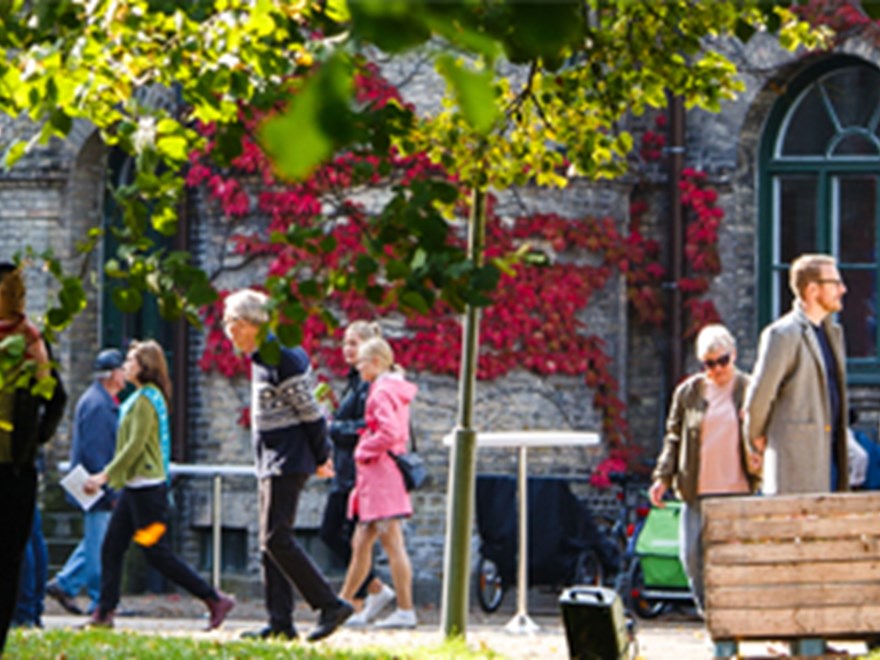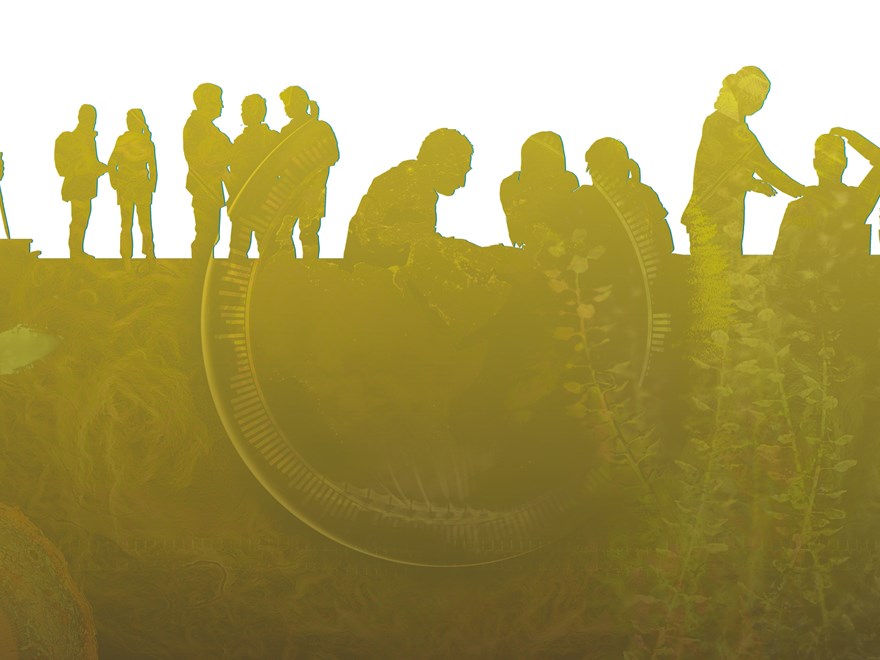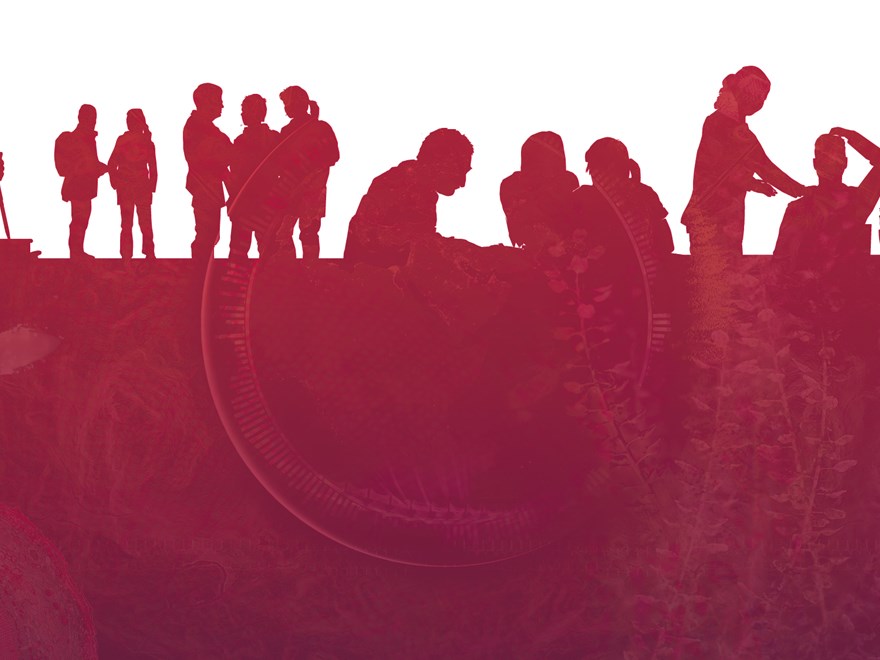The NJ Faculty's strategy work
NJ Faculty's strategy 2021-2025
Through research, education and environmental monitoring and assessment, the faculty contributes to identifying, studying and contributing solutions to national and global societal challenges related to the primary sector (including aquatic systems), and sustainable use and management of natural resources.
Within these activities, the faculty is also a leading player in ecology, biodiversity and nature conservation. The activities are conducted in light of the university's strategy and Agenda 2030’s sustainability goals.
Natural and scientific research
The faculty's activities are of high quality in both fundamental and application-related research, and are scientifically broad. Natural and social science research is conducted on equal terms, which offers good conditions for taking on challenges that require a system perspective, as well as cross- and multidisciplinary approaches.
Well-established research collaborations, collaboration with stakeholders, as well as infrastructures in the form of field stations, long-running experiments, long data series and advanced technical equipment strengthen the operations and contribute to their high quality.
Continuous development
The faculty strives to deliver the competences needed for sustainable social development by continuously developing education. The content of education must include sectoral competences as well as system perspectives with a focus on major future issues, such as food security and society’s progress towards sustainability.
High quality is ensured by strong anchoring in the faculty's research and environmental monitoring and assessment as well as sectoral relevance. A clear community connection and high quality make education attractive.
Academic freedom
The faculty cares about academic freedom and integrity; for example, researchers choose their own research questions and there is freedom to communicate and discuss the results of research within and outside academia. Academic values also dictate that different evidence-based interpretations of the results of research and its importance for society should be allowed and discussed.
The faculty also safeguards the university's fundamental values in terms of scientific knowledge, creativity, openness and responsibility. Democratic structures, collegiate processes and mutual respect form the basis of a university's organisation and governance and, ultimately, of its autonomy and credibility.
Strategically prioritised areas
- SLU’s next steps for sustainable development
- SLU in the digital society
- One SLU
- Subject areas
- Doctoral education
- Research infrastructure
- The faculty's long-term supply of skills
- System perspective
- Green transition
- Integration of operations
- Approaches, perspectives, attitudes and values






